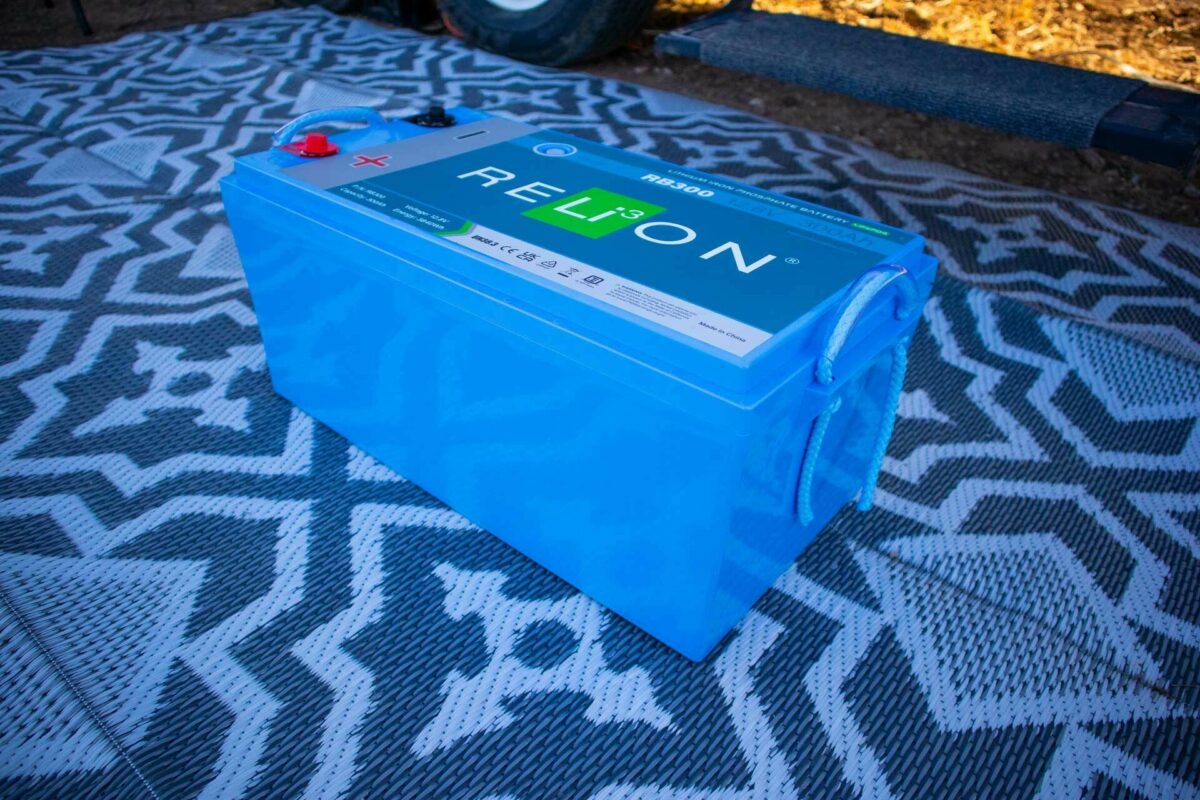From fishing boats to camper vans to off-grid cabins, battery storage systems have emerged as pivotal components, enabling efficient energy management, greater self-sufficiency, and enhancing sustainability. Central to the effectiveness of these systems is a concept known as energy density — a fundamental parameter that profoundly influences battery performance, versatility, and applicability. Understanding why energy density matters in battery storage systems is essential for unlocking their full potential in a wide range of use cases.
Why Does Energy Density Matter?

Energy density refers to the amount of energy stored within a given volume or mass of a battery. It is typically measured in watt-hours per liter (Wh/L) or watt-hours per kilogram (Wh/kg). Put simply, energy density quantifies how much energy a battery can hold relative to its size or weight. Energy density matters for several important reasons:
- Efficiency: Higher energy density means that more energy can be stored in a smaller volume or mass. This is especially crucial for portable battery energy storage solutions. Devices or systems with higher energy density require less space or weight to store the same amount of energy, making them more efficient and practical for various applications.
- Range and Endurance: In transportation, such as on a golf cart or in a fishing boat, energy density directly impacts the range or endurance of the vehicle. Vehicles or vessels with higher energy density batteries can travel longer distances or operate for longer durations without needing to refuel or recharge. This is particularly important for electric vehicles, where battery energy density directly correlates with driving range.
- Space Constraints: In many applications, space is limited, and maximizing the energy stored within that space is crucial. For example, in a camper van or a tiny home, where space is at a premium, higher energy density batteries allow for longer usage between charges without increasing the size or weight of the device significantly. Lithium batteries have long been the number one choice for applications in which space is limited due to their higher energy density.
- Cost Effectiveness: The amount of energy your battery can store within its given physical size directly impacts how much energy you can use per dollar invested. For example, the current energy density of lithium-ion batteries is generally 200-260wh/g, and lead-acid is generally 50-70wh/g. The energy density of lithium-ion batteries is, on average, 3 to 5 times that of lead-acid batteries. Therefore, to achieve the same energy capacity as highly energy-dense lithium batteries, you would have to purchase significantly more lead-acid batteries to achieve the same capacity.
- Environmental Impact: Energy density can also have implications for the environmental footprint of energy storage systems. Higher energy density means that fewer materials are required to store the same amount of energy, which can reduce manufacturing costs and environmental impact associated with resource extraction, production, and disposal.
Energy density is a critical parameter that impacts the efficiency, performance, and practicality of energy storage systems across a wide range of applications. Maximizing energy density enables more compact, longer-lasting, and environmentally friendly energy storage solutions, driving advancements in technology and improving our ability to meet energy needs in an increasingly mobile and electrified world. If you have questions about how to maximize energy density, get in touch with an expert at RELiON today.
